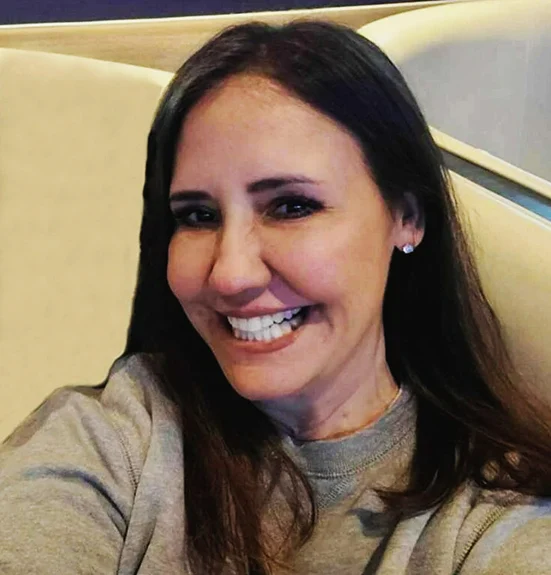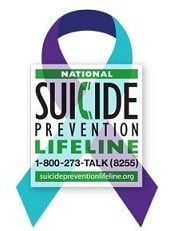Relapse prevention for alcoholics, drug addicts or those recovering from other destructive, compulsive behaviors isn’t something to be taken lightly. That’s why it’s important to follow a prescribed plan to help prevent a relapse before it happens. If you have a plan in place, you can also get back on track quickly if you should relapse. That is why I have developed a 6 Step Plan that will help you stop a relapse in its tracks before it overwhelms you.
Preventing a Relapse – Step 1:
The first stage involves understanding your triggers and heeding the tell-tale warning signs. You should sit down and write out FIVE PERSONAL WARNING SIGNS that came up before you ever started using drugs, drinking to excess or falling into a pattern of compulsive behavior. If you know yourself and are honest about this step, you can safely catch yourself before you start feeling compelled to slip.
Preventing a Relapse – Step 2:
The second stage is to decide WHAT YOU WILL DO if these early warning signs present themselves. Sometimes, this can be thought of as “covering your bases” or establishing your support system. In some cases, the answer will be obvious. You could call your counselor or sponsor. However, what will you do if they are unavailable or your personal warning signs are showing themselves at an off-hour – in the middle of the night, for example? Some of your actions could include writing down what you are thinking or feeling and allowing yourself to explore your emotions without feeling consumed by them. You could also try doing something positive instead – something that will help you feel better about yourself and more in control like exercise or dancing. Perhaps there are friends who are willing to help you out during an off hour — someone who will spend time with you while you wait to get in touch with your counselor or sponsor.
Preventing a Relapse – Step 3:
The third stage is to write down and BE HONEST ABOUT WHAT SCARES YOU MOST in leaving treatment and being on your own after rehab. Sometimes, when we are honest with ourselves, we can learn a great deal about our own pattern of “self-sabotage” that can get in the way of our healing process. We can then get everything out on the table before it becomes a problem. This is a preventative step and is crucial to lasting stability.
Preventing a Relapse – Step 4:
The fourth stage involves a coping strategy for HANDLING THIS FEAR. This is a critical step to discuss with your counselor and your sponsor in order to break down any obstacles that may overwhelm you into small, manageable pieces. This is one of the critical elements of success – shining a light on your fears and really looking at them for what they are. Sometimes identifying what scares us and talking through it can make obstacles to positive change less scary and can really help us strengthen our coping skills.
Preventing a Relapse – Step 5:
Stage five is about FINDING SUPPORT GROUPS in your area that will help you feel part of a positive, supportive community. Support groups offer the chance to find others in your exact situation who can be there for you when you feel yourself slipping. Also, when you are part of a group, you will be able to offer others help when they need it and that can make you feel a lot better about your own sense of self-worth. When you get a better sense of self-esteem, this is a powerful weapon against potential relapse.
Preventing a Relapse – Step 6:
Finally, stage six is about really solidifying WHO YOUR SPONSOR IS and identifying your “home group.” Think of this as your go-to place to help yourself when you find yourself in trouble. Setting up who your sponsor and your home group is and making it official will give you the piece of mind you need to feel that help is around you when and if you need it.
If you are able to follow these six stages and take them seriously, you will be on your way towards a better sense of self and the potential to avoid a relapse. Obviously, all of these stages are important to discuss with a professional counselor and your sponsor. If you or a loved-one is suffering from an addiction, reach out and get professional help.






